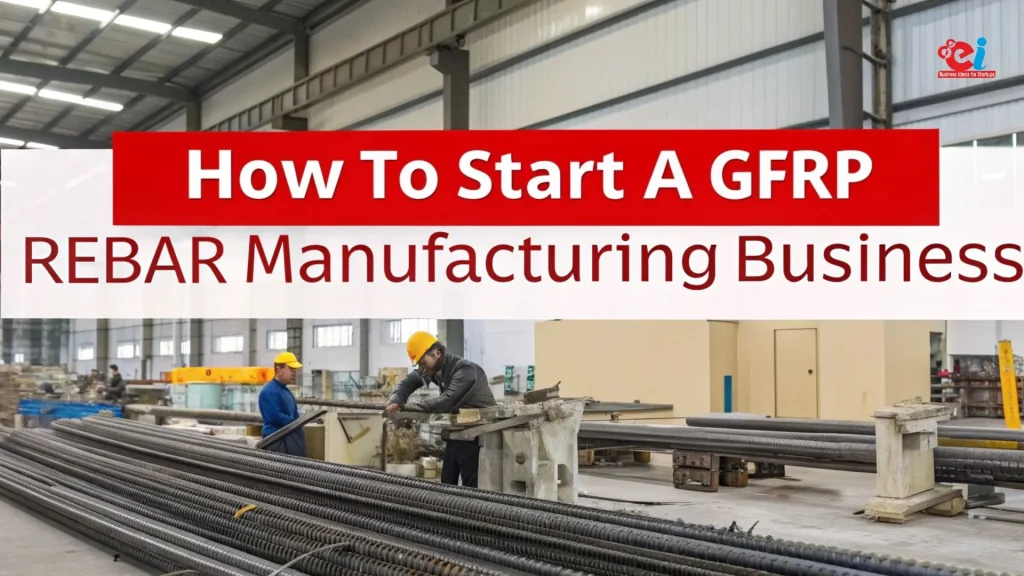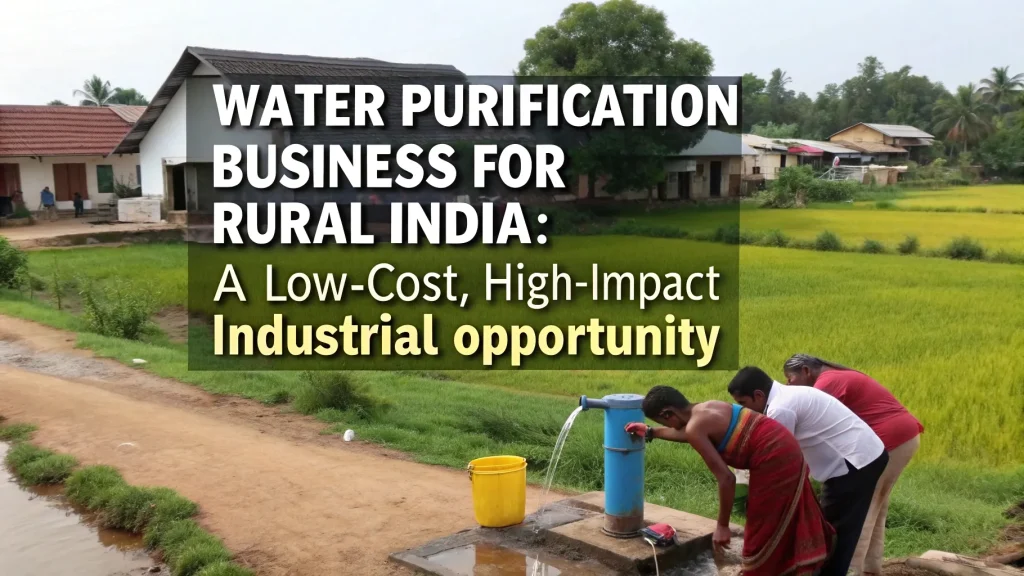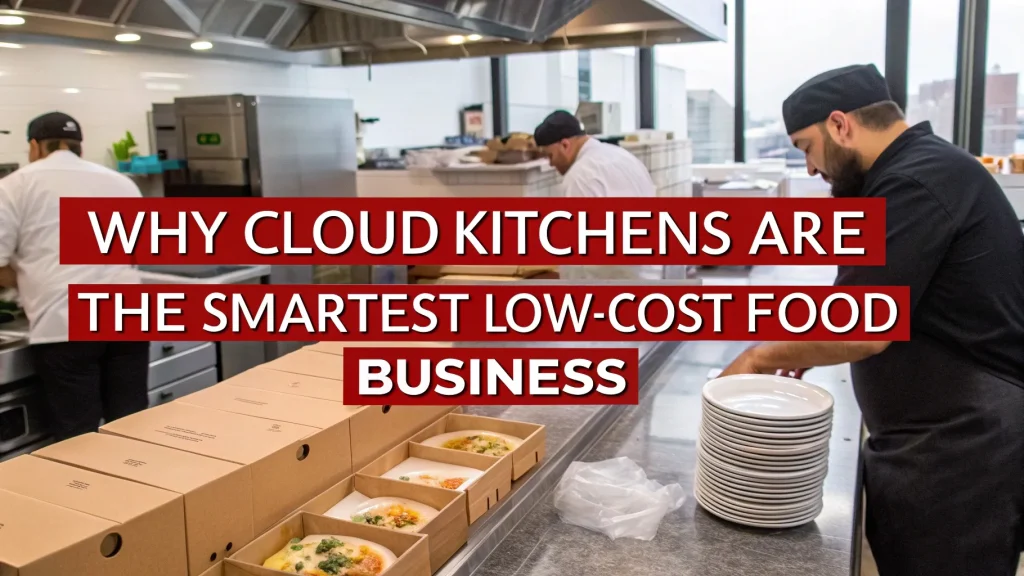In today’s fast-paced world, personal hygiene and dental care are among the top priorities for individuals of all ages. One essential product that contributes significantly to oral health is toothpaste. With increasing awareness about dental hygiene and the expanding consumer base in urban and rural areas alike, starting a toothpaste manufacturing business is a lucrative venture. The demand is constant, and the market offers potential for innovation and niche products like herbal, medicated, or whitening toothpaste. If you’re considering entering this field, here’s a complete guide on how to start a successful toothpaste manufacturing business.
Understanding the Market and Planning the Business
Before diving into the actual manufacturing process, it’s vital to research the toothpaste industry thoroughly. Toothpaste is a daily-use item, meaning its market has steady and recurring demand. The global dental hygiene market has been growing steadily, and with increasing oral health awareness, the consumption of toothpaste is expected to rise even more in the coming years.
You need to decide on the scale of your toothpaste manufacturing business—whether you plan to start a small-scale unit catering to local markets or a large-scale plant aimed at national or international distribution. Identifying your target market will also help you determine your product line—regular fluoride-based toothpaste, herbal formulations, gel-based toothpaste, or specialized products for sensitivity, whitening, or children’s oral care.
Legal and Regulatory Requirements
To launch your toothpaste manufacturing business, you must comply with all legal and regulatory requirements. These include:
-
Company Registration: Register your business under a suitable structure—proprietorship, partnership, or private limited company.
-
Trade License: Obtain a trade license from the local municipal authority.
-
GST Registration: Mandatory for taxation purposes.
-
FSSAI License: Since toothpaste is a personal care item that enters the human body (through the mouth), an FSSAI (Food Safety and Standards Authority of India) license is essential.
-
BIS Certification: The Bureau of Indian Standards sets quality norms for toothpaste. You must comply with IS 6356 for toothpaste.
-
Environmental Clearance: If your plant will have effluents or waste output, you may need clearance from the pollution control board.
-
Trademark and Branding: Secure a trademark for your brand name and logo to protect your intellectual property.
Setting Up the Manufacturing Unit
Choosing the right location for your toothpaste manufacturing unit is key to operational efficiency. The space should be sufficient for raw material storage, production, packaging, and warehousing. Accessibility to transportation, water, and electricity is crucial.
You’ll also need to invest in the necessary equipment, which typically includes:
-
Mixing tanks
-
Heating tanks
-
Paste filling machines
-
Tube sealing machines
-
Packaging and labeling machines
-
Water purification system
-
Quality testing laboratory equipment
Depending on your product line, you may also need specialized equipment for gel-based or herbal formulations. Setting up a standard laboratory for quality control is highly recommended to ensure product consistency and compliance.
Raw Materials and Formulation
The primary ingredients used in toothpaste manufacturing include:
-
Abrasives (e.g., calcium carbonate, silica) for removing dental plaque and stains.
-
Binders (e.g., cellulose gum) to give consistency to the paste.
-
Humectants (e.g., glycerin, sorbitol) to retain moisture.
-
Fluorides (e.g., sodium fluoride) to prevent tooth decay.
-
Flavoring agents (e.g., mint, clove) to enhance taste and freshness.
-
Sweeteners (e.g., saccharin) for flavor.
-
Preservatives and colorants for product longevity and visual appeal.
If you’re venturing into herbal or natural toothpaste, common ingredients include neem, clove oil, charcoal, and herbal extracts. It’s essential to work with a qualified chemist to develop safe and effective formulations. Adherence to BIS standards is a must, especially in ingredient composition and fluoride content.
Manpower Requirements
A toothpaste manufacturing plant will require trained and semi-skilled labor to manage production, quality testing, and packaging. The team may include:
-
Production manager
-
Lab technician/chemist
-
Machine operators
-
Packers and sorters
-
Administrative staff
Hiring experienced personnel can help maintain efficiency, reduce wastage, and ensure high product quality. Proper training in hygiene standards and handling of chemicals is also necessary.
Packaging and Branding
Packaging plays a significant role in consumer appeal. Tubes are the most common packaging option for toothpaste, but the design, material quality, and labeling should align with your target market. Invest in good-quality, tamper-proof, and leak-proof packaging.
Branding is critical in a highly competitive segment like toothpaste. Your brand should communicate trust, quality, and value. This involves:
-
Logo and label design
-
Taglines that highlight product features (e.g., herbal, fluoride-free)
-
Certifications and usage instructions
-
Manufacturing and expiry dates
Make sure your packaging complies with applicable labeling regulations, including ingredient lists and safety warnings.
Marketing and Distribution
An effective marketing strategy is crucial for the success of your toothpaste manufacturing business. You can explore several distribution channels:
-
Retail stores
-
Supermarkets and hypermarkets
-
Pharmacies and health stores
-
E-commerce platforms
-
Direct-to-consumer (D2C) through your own website
Marketing efforts can include:
-
Digital marketing (SEO, PPC ads, social media)
-
Traditional advertising (TV, radio, newspapers)
-
Collaborations with dentists or dental clinics
-
Free samples and in-store promotions
-
Loyalty programs or discount schemes
Focus on building a brand that resonates with your audience, whether it’s health-conscious urban consumers, budget-conscious rural markets, or niche segments like eco-friendly users.
Financial Aspects and Investment
The capital requirement for setting up a toothpaste manufacturing unit depends on the scale of your operations. A small-scale plant may require an investment of ?20-50 lakhs, while a medium to large-scale setup can go upwards of ?1 crore or more. Key costs include:
-
Land and building
-
Machinery and equipment
-
Licensing and certification
-
Raw materials procurement
-
Staff salaries
-
Marketing and branding
-
Working capital
You can seek financial assistance through bank loans, government subsidies, or venture capital if your business plan shows promise. Programs like MSME loans or subsidies under the Make in India initiative can be helpful.
Quality Control and Compliance
To succeed in toothpaste manufacturing, product quality and safety are non-negotiable. Establish a robust quality control system where raw materials, in-process goods, and final products are tested regularly.
Testing should cover:
-
pH level
-
Fluoride content
-
Microbial load
-
Viscosity and spreadability
-
Shelf life
Regular audits and sample testing help in maintaining brand reputation and building consumer trust. Follow Good Manufacturing Practices (GMP) and maintain detailed records for traceability and compliance.
Sustainability and Innovation
Today’s consumers are increasingly inclined toward sustainable and eco-friendly products. Adopting green practices in your toothpaste manufacturing process can give you a competitive edge. This could include:
-
Using recyclable or biodegradable packaging
-
Sourcing sustainable raw materials
-
Minimizing water and energy usage
-
Avoiding harmful chemicals or microplastics
You can also innovate by launching products tailored to specific demographics like vegan toothpaste, kid-friendly flavors, or travel-sized tubes. Staying updated with consumer trends ensures long-term business sustainability.
Challenges and Risk Management
Like any business, toothpaste manufacturing comes with its share of risks and challenges, including:
-
Regulatory hurdles and compliance issues
-
Raw material price fluctuations
-
High competition from established brands
-
Changing consumer preferences
-
Product recalls or legal issues due to quality lapses
Mitigate these risks by having proper documentation, insurance coverage, quality assurance systems, and responsive customer support.
Conclusion
Starting a toothpaste manufacturing business requires strategic planning, regulatory compliance, and a commitment to quality. While the competition is fierce, the market opportunities are equally vast. By focusing on innovation, sustainable practices, and strong branding, you can carve out a niche in this essential consumer product segment. With the right approach, the toothpaste industry offers a profitable and enduring business opportunity for entrepreneurs ready to brush up on success.
Visit the page Select and Choose the Right Business Startup for You for sorting out the questions arising in your mind before starting any business and know which start-up you can plan. We, at NPCS, endeavor to make business selection a simple and convenient step for any entrepreneur/startup. Our expert team, by capitalizing on its dexterity and decade’s long experience in the field, has created a list of profitable ventures for entrepreneurs who wish to diversify or venture. The list so mentioned is updated regularly to give you a regular dose of new emerging opportunities.




